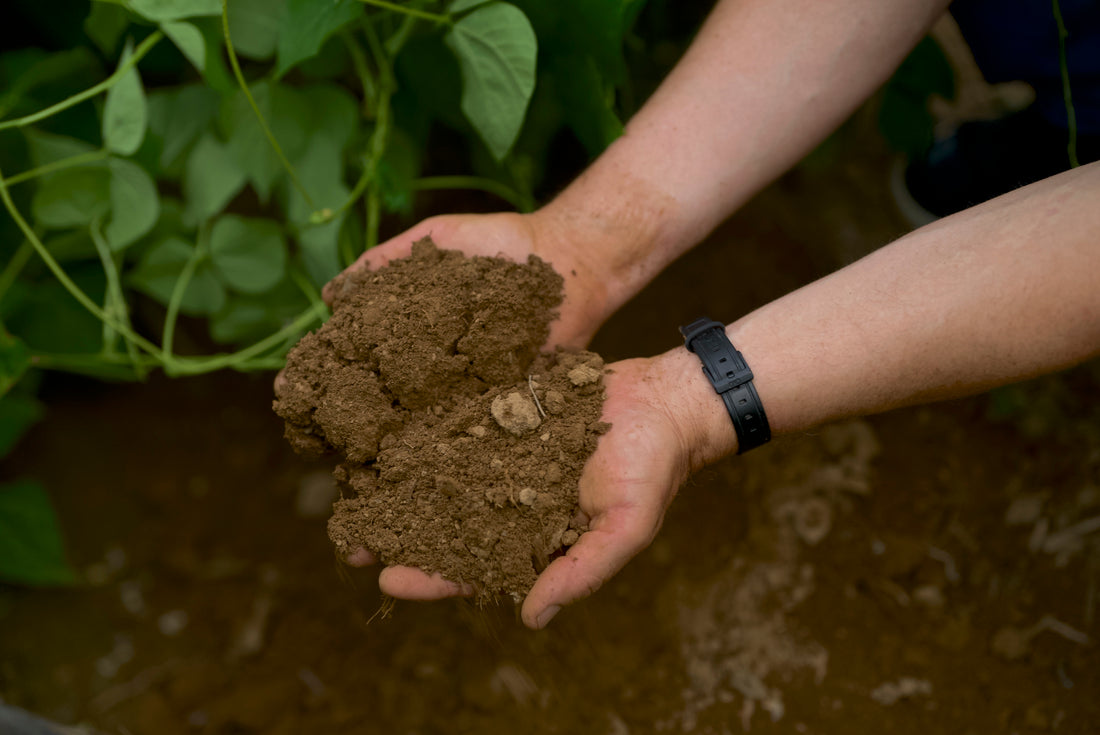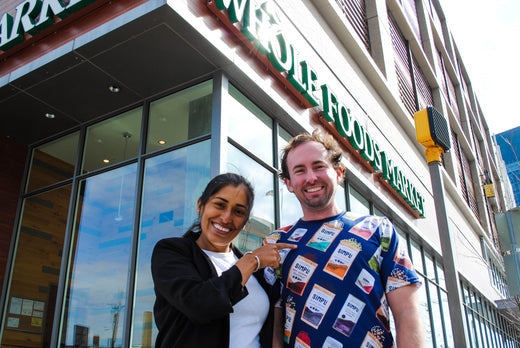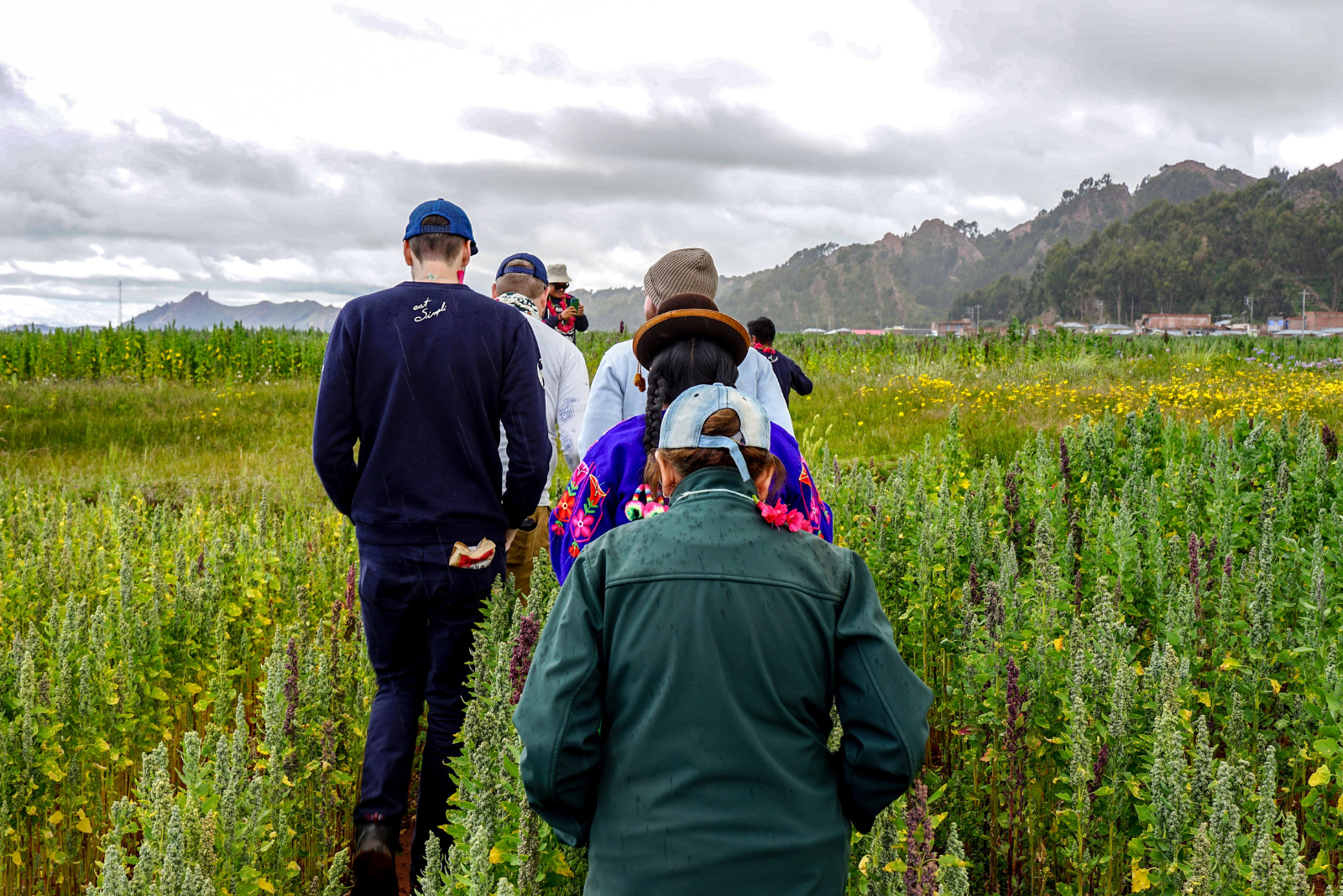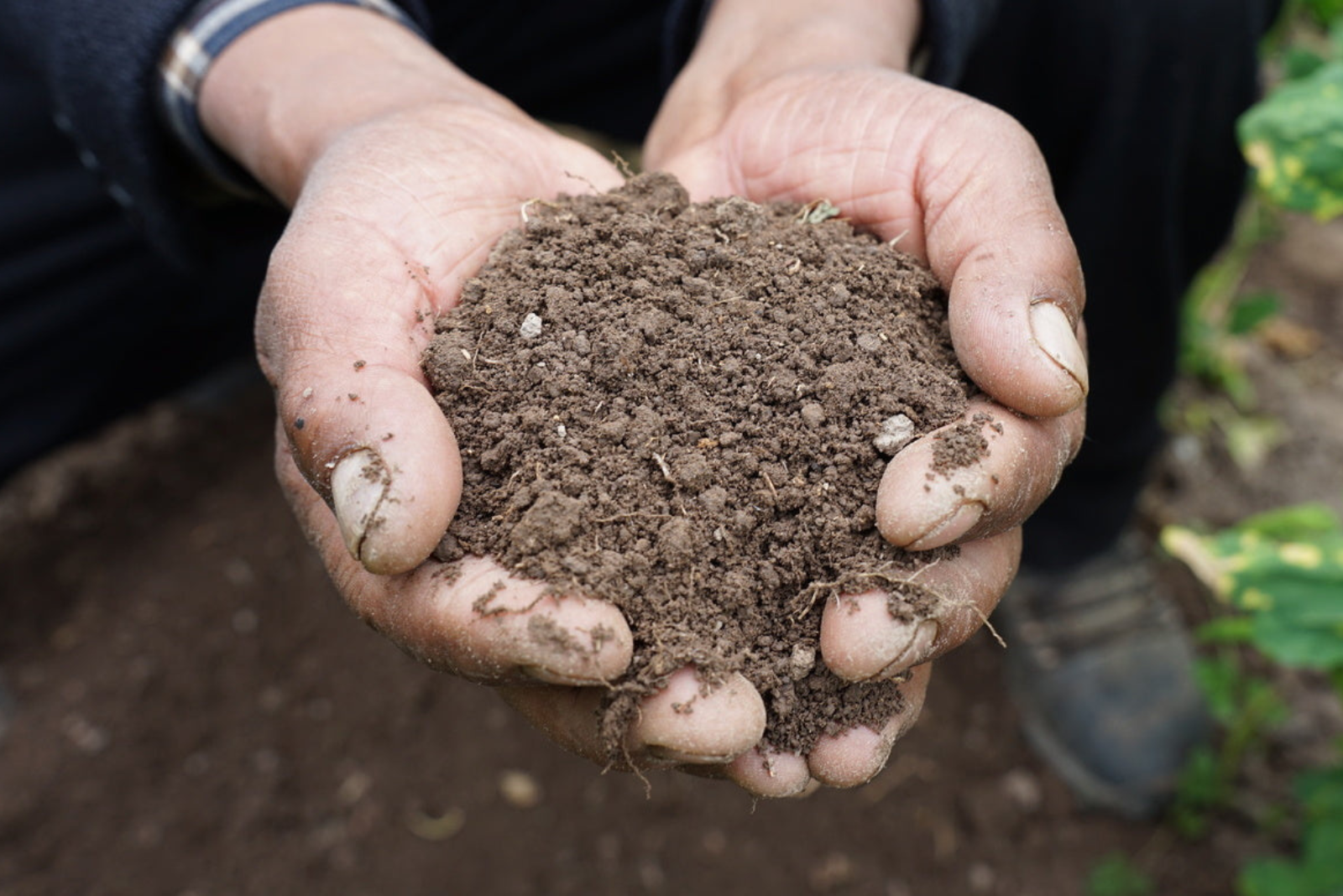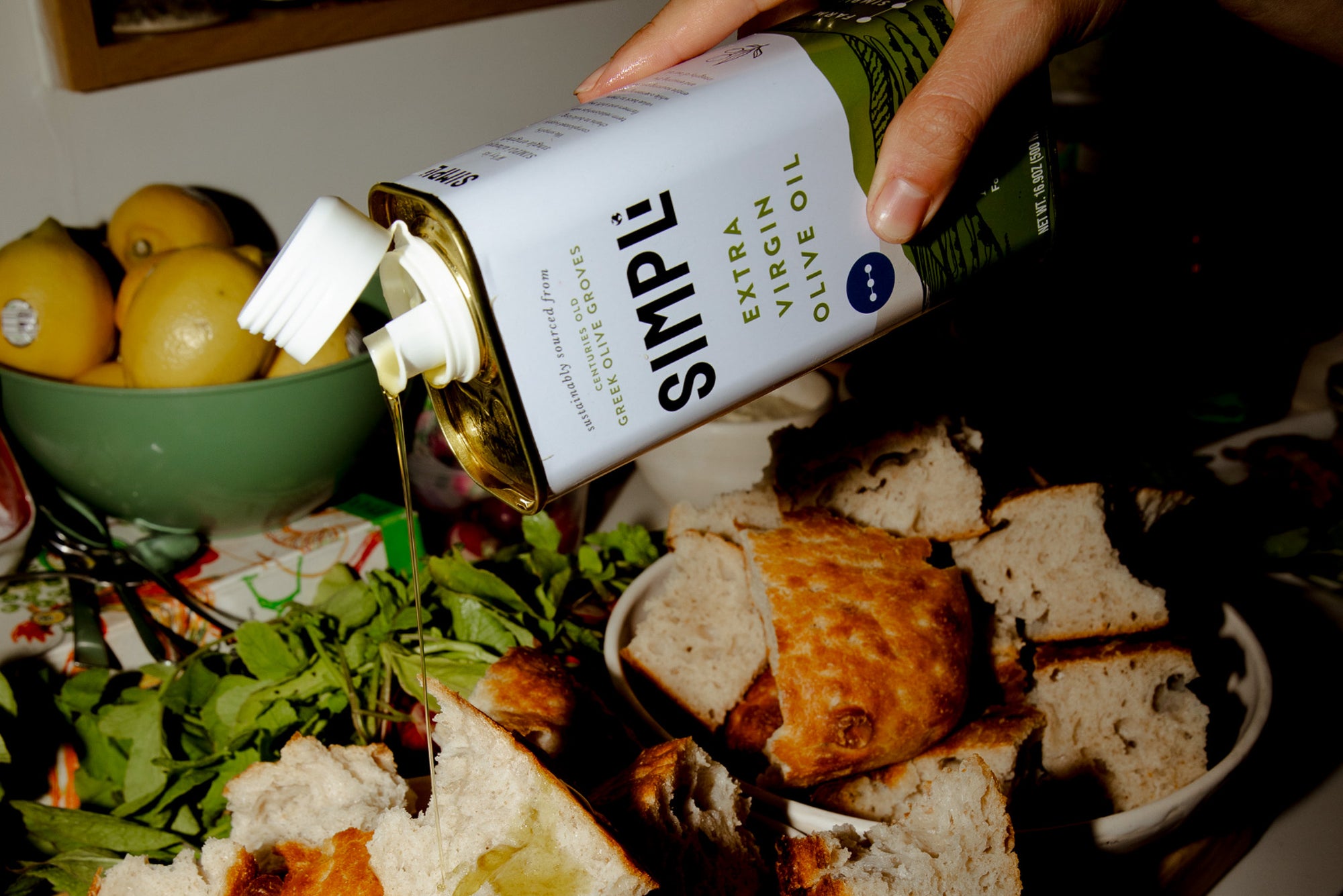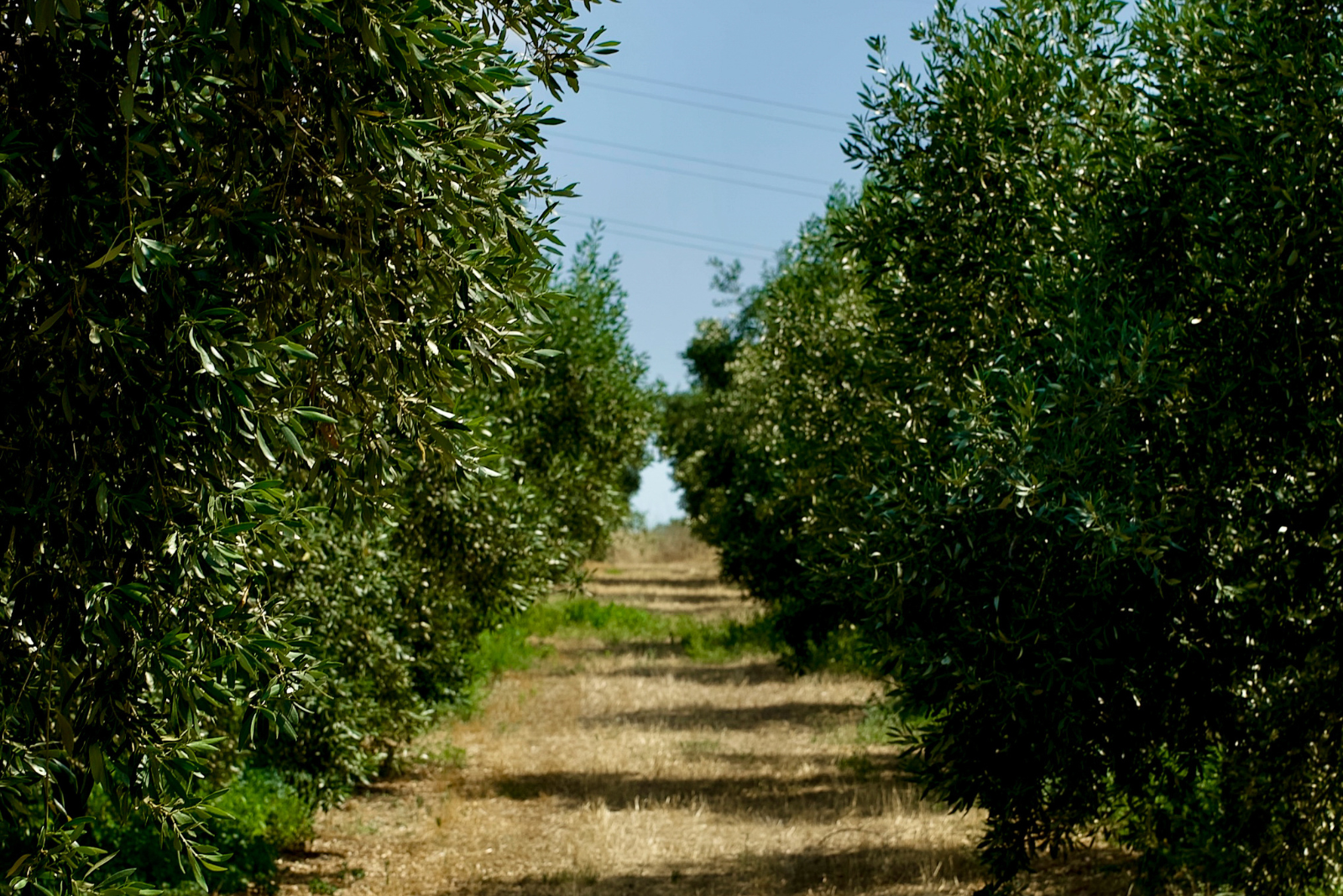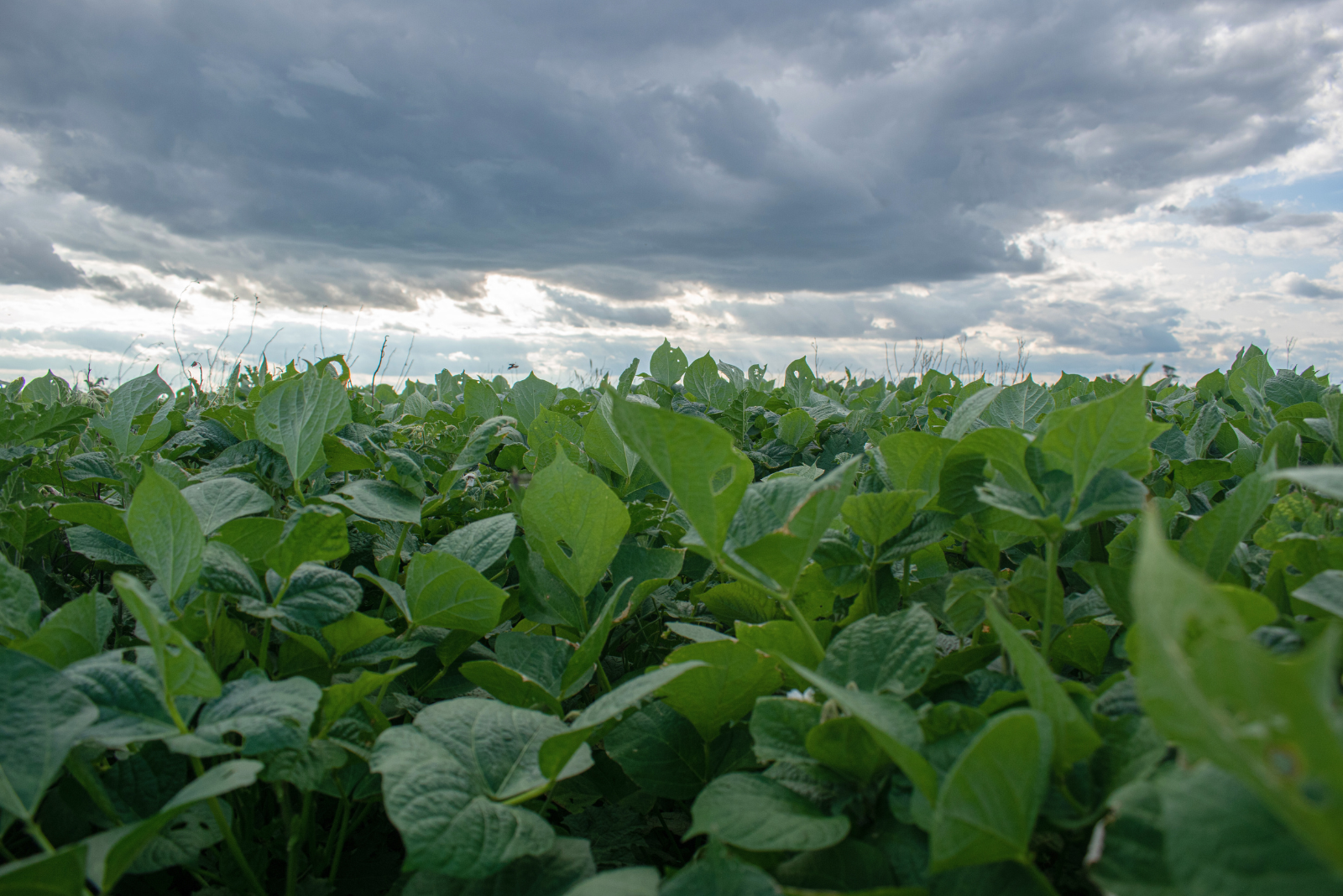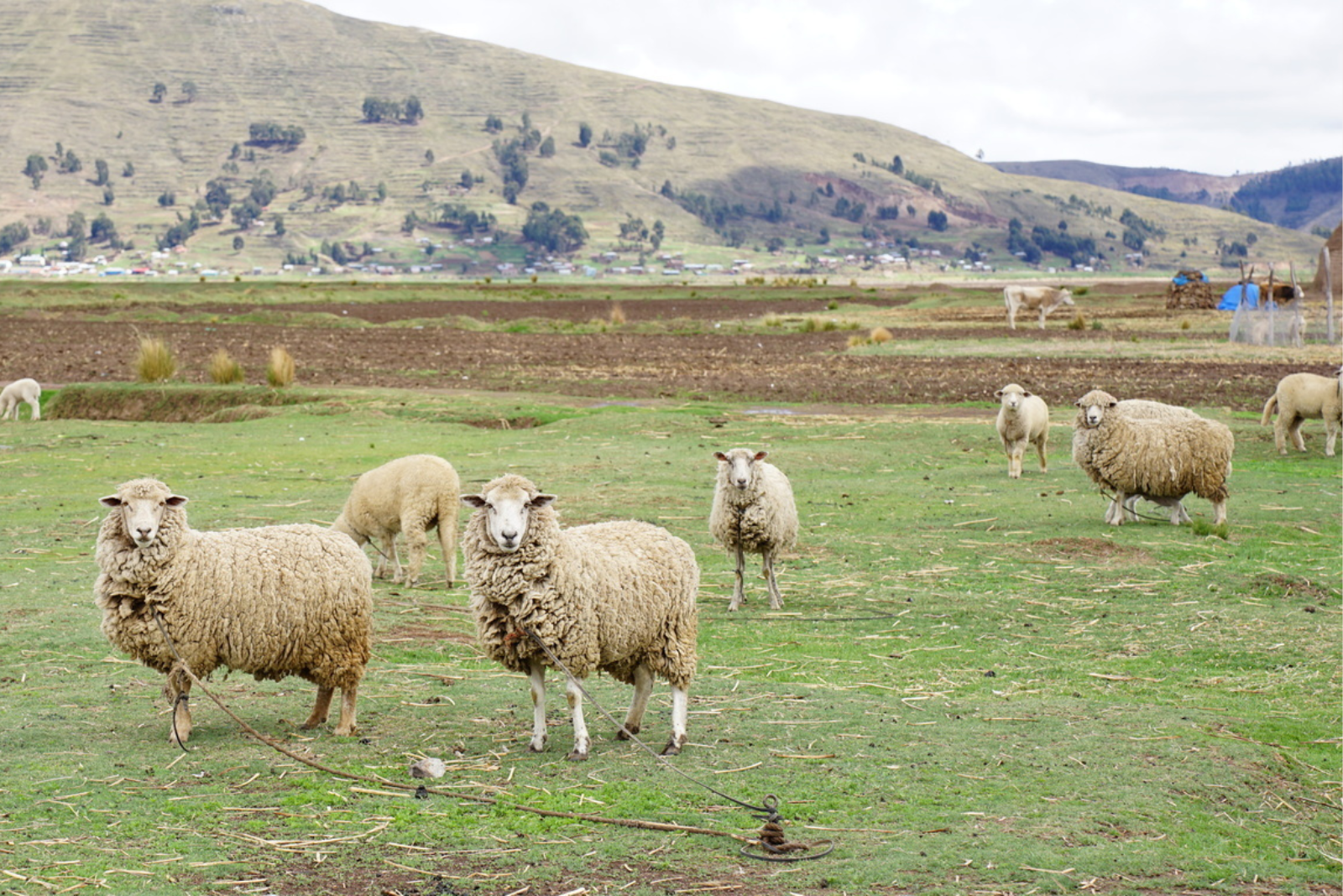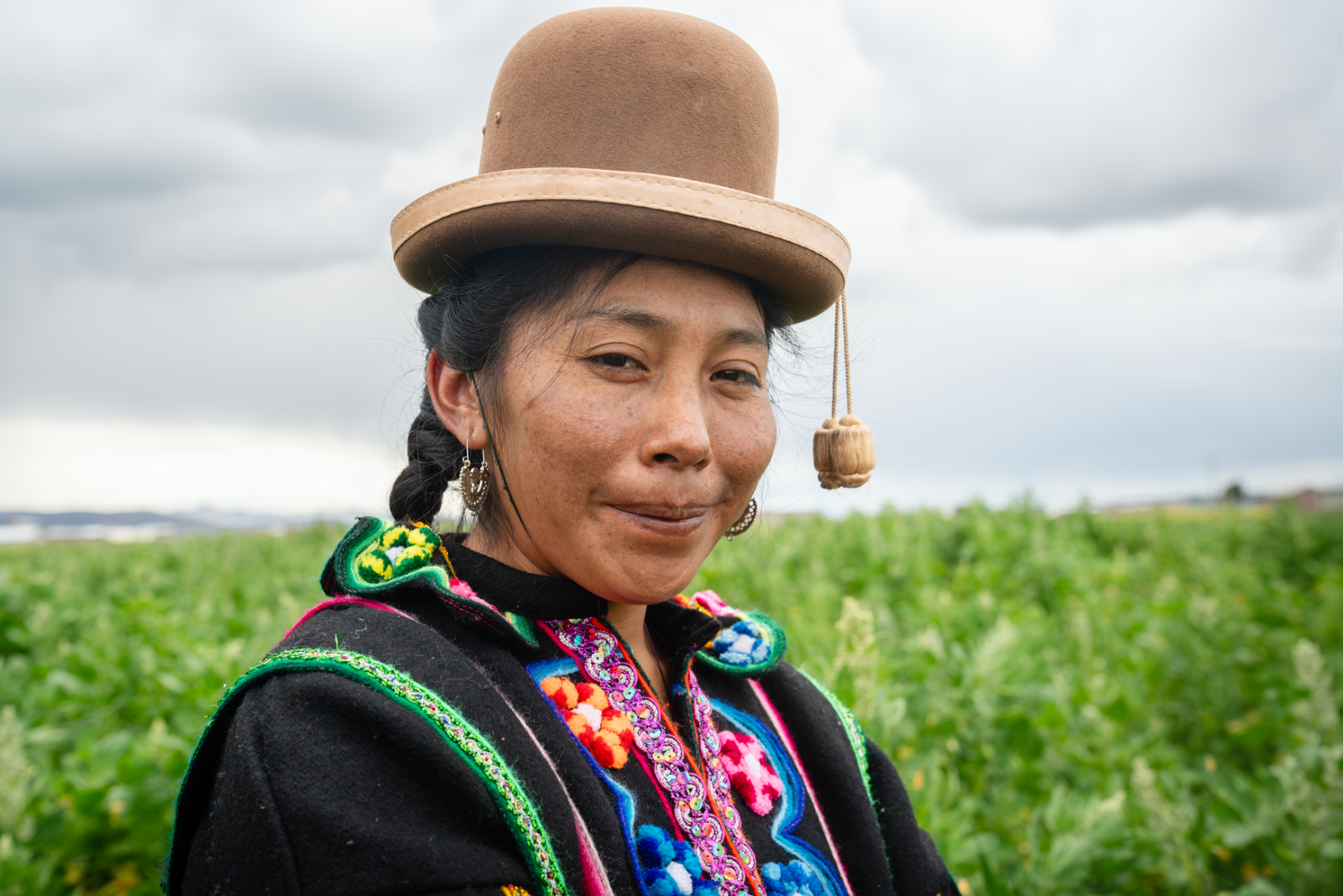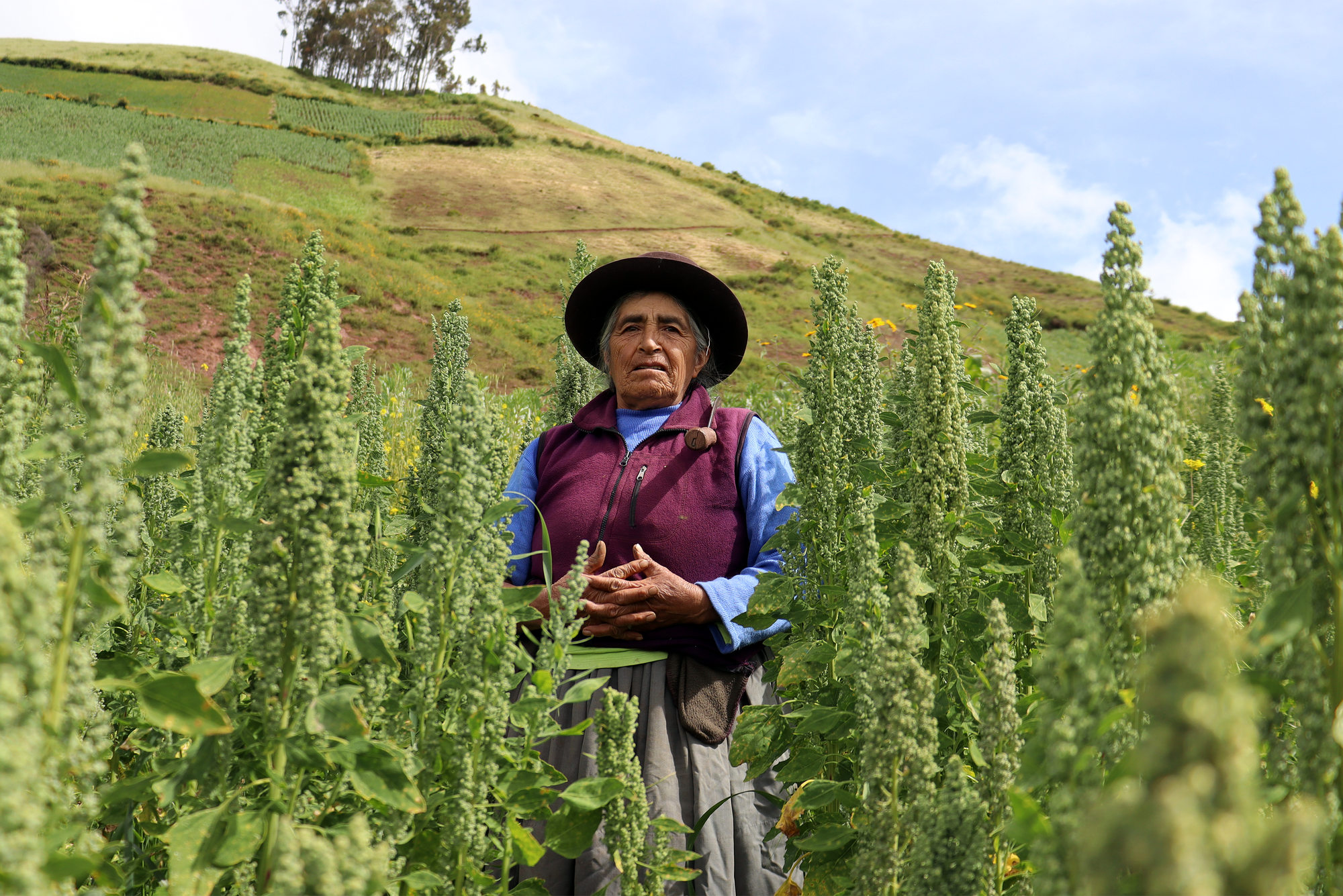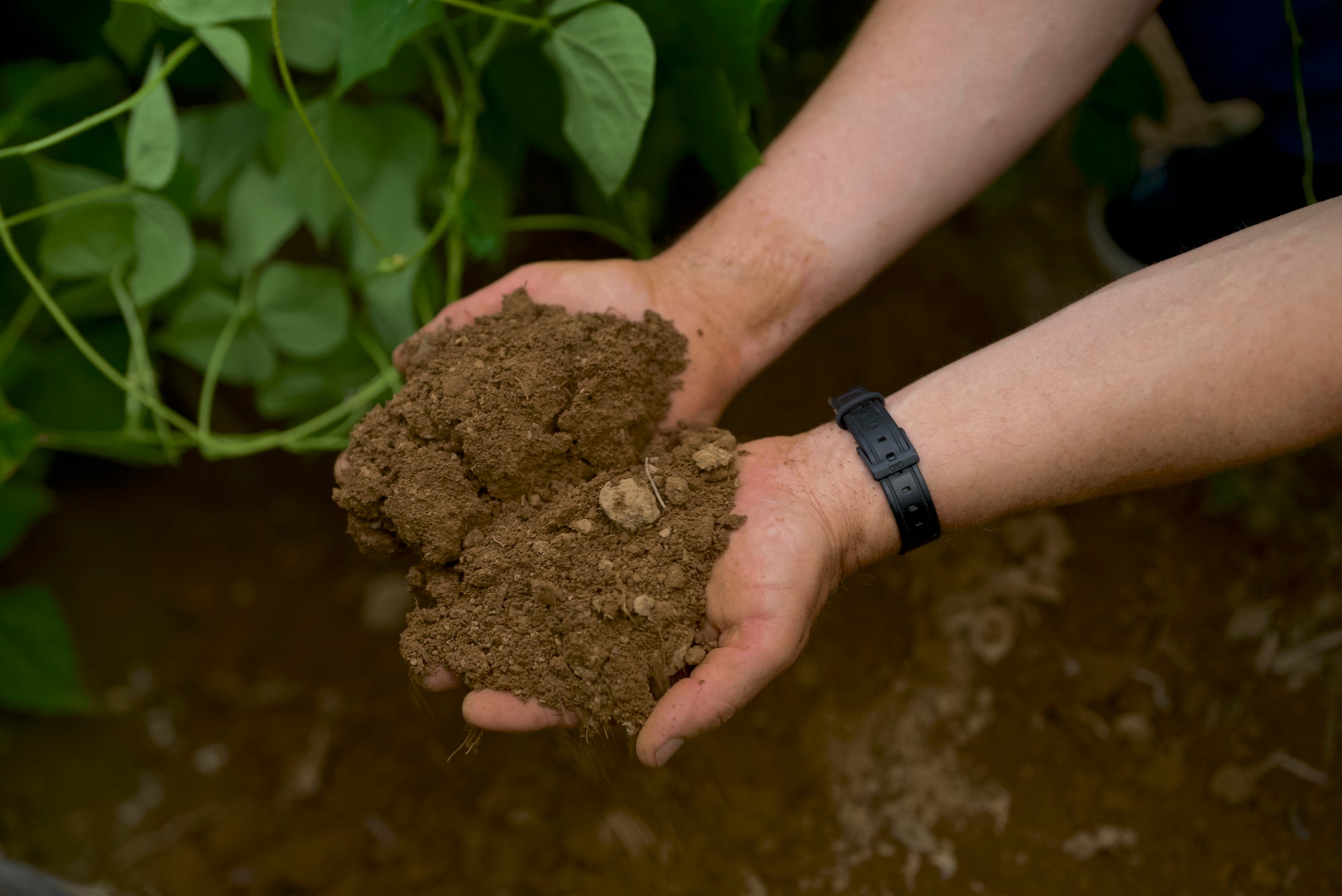Hundreds of thousands of years ago, indigenous peoples farmed our lands in tandem with natural systems. Through deep connections with the land, they developed agricultural practices adapted to local environments. As time progressed and agriculture became industrialized, these practices were erased.
The indigenous practices from thousands of years ago now inform the regenerative agriculture movement, which is a holistic approach to farming that focuses on restoring soil health, promoting biodiversity, and enhancing the resilience of ecosystems.

SIMPLi's Approach to Regenerative Organic Agriculture
At SIMPLi, we believe regenerative organic agriculture is crucial to sustaining our future on Earth. Our one-of-a-kind regenerative organic program focuses on three main pillars: ethical sourcing, improved livelihood for farmers, and getting our farming communities certified.
By introducing ingredients to the market that benefit the regenerative organic ecosystem, such as sustainable cover crops like quinoa, amaranth, and Lupini beans, we are liming our carbon footprint, eliminating fraudulent activity in the supply chain, and creating better economic outcomes for our farming partners.
The Regenerative Organic Certification® is a leading program in driving the adoption of regenerative agriculture practices and building awareness about the regenerative organic movement. Building upon the USDA Certified Organic standard, which sets strict regulations on the use of synthetic fertilizers and pesticides, Regenerative Organic Certified® goes beyond these baseline requirements to include additional benchmarks that align with the three pillars of regenerative organic agriculture: soil health, animal welfare, and social fairness.
Regenerative Organic Agriculture Pillars
The first pillar of regenerative organic agriculture is centered around soil health, which is crucial for growing nutrient-dense crops that are resilient to pests and disease. To enhance soil health, certified farmers use practices like crop rotation, cover cropping, and reduced tillage, which improve the fertility, structure, and water-holding capacity of the soil. These practices also help to sequester carbon, which is important for mitigating climate change.
The second pillar is animal welfare. Certified farmers must ensure that their animals are treated in a humane and ethical manner. By prioritizing the health and wellbeing of their animals through methods like providing access to pasture and avoiding inhumane living conditions or practices, farmers can produce healthier and more nutritious food for consumers.
The third and final pillar is social fairness. This means that certified farmers prioritize the wellbeing of their local communities and ensure that their farming practices do not have a negative impact on environmental or human health. They must also treat their workers fairly and pay them a living wage. By focusing on social fairness, regenerative organic agriculture can help to build more equitable food systems.

The benefits of regenerative organic agriculture are numerous. For producers, regenerative agriculture can lead to increased profitability, as it reduces the need for expensive inputs like synthetic fertilizers and pesticides and ensures they are paid a premium price in the marketplace.
For consumers, the Regenerative Organic Certification® ensures they can be confident that the products they are purchasing are not only organic, but are nutrient-dense and grown in a way that prioritizes the health of people, the planet, and producers.
Regenerative organic agriculture is a promising solution to many of the environmental and social issues in our flawed food system. It only produces healthier and more nutritious food, but also improves the resilience of our ecosystems and communities, which is why a majority of our products are Regenerative Organic Certified®. By supporting regenerative practices and choosing Regenerative Organic Certified® products, we can all contribute to a healthier and more sustainable future.
Watch the latest video in our SIMPLi iNFORMED series to learn more about regenerative agriculture.
Learn more about SIMPLi’s regenerative organic agriculture program HERE and shop our Regenerative Organic Certified® products HERE.

